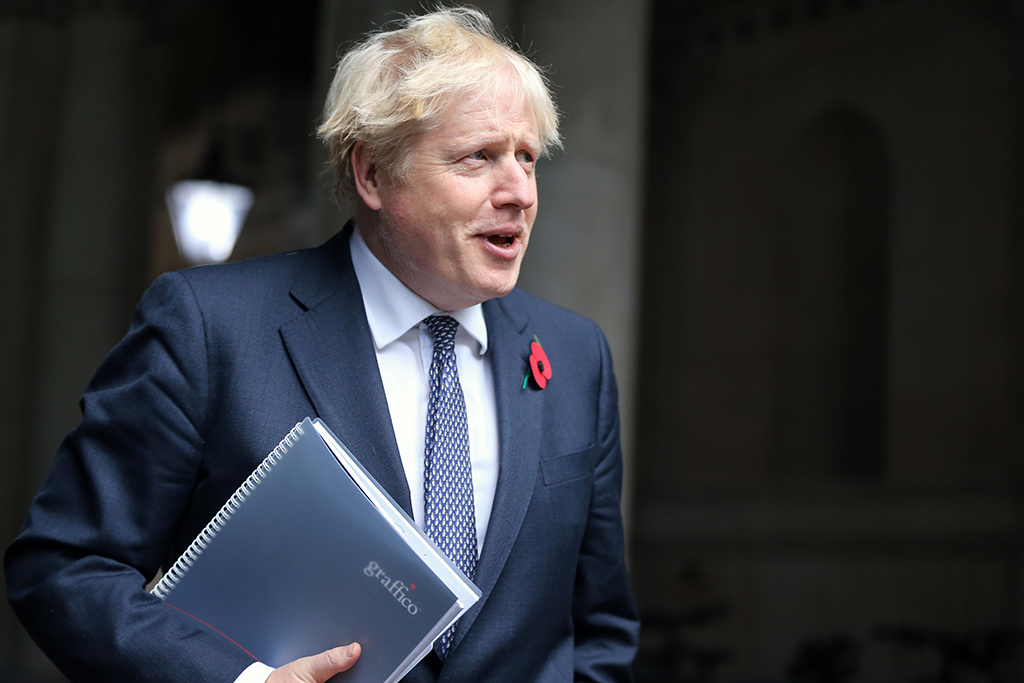
In December 2020, the UK Prime Minister Boris Johnson announced plans to reduce the country’s emissions by at least 68% by 2030, compared to 1990 levels. The UK government has also legislated the target of net zero carbon emissions by 2050.
The property world is doing its bit to adopt sustainable practices in an attempt to go greener. These environmentally conscious properties also present benefits not just to buyers in terms of lower operating costs, but also for investors.
Below, we explore how the green agenda is affecting the property market, as well as outlining what we’re doing as a company to play our part in championing sustainable initiatives.
How has the property industry adopted sustainable practices?
There are a number of ways in which homes can be made greener, including the materials used to build them, how they are powered, and the smart appliances inside.
Sourcing recycled, biodegradable and sustainable materials over non-renewable resources can hugely reduce the carbon footprint of a home. This can be something as simple as using local suppliers or eco-friendly products such as organic paint.
Considerations must also be made for a property’s environmental impact once people are living in it. Solar panels, heat pump central heating and green insulation are all ways you can minimise reliance on traditional heating and energy methods. Likewise, smart appliances such as lighting, taps and fridges can also save energy.
What are the benefits of a green home?
With a climate emergency declared, the ultimate benefit of an eco-friendly home is minimising the impact on the environment. Collectively a number of small changes can make a considerable difference in reaching the UK government’s green targets.
While it is true that installation costs and sustainable materials may be more expensive initially, it will mean your home is more energy efficient and household bills will be reduced in the long term. Furthermore, it’s a great step in future proofing your home, as staying ahead of the curve means you will avoid the impact of legislative change, for example, gas heating will be banned in new build homes by 2025.
The demand for greener homes is on the rise, which is good news for property investors looking to diversify their portfolio. Properties offering a lower carbon footprint and smart technology are becoming increasingly appealing to buyers and renters alike.
What sustainable initiatives does GRE Assets utilise?
Our latest projects in the UK and Spain offer a number of eco-friendly benefits. Riverside Park in Ashford is built using sustainable timber frames and there is solar PV panel installation on all blocks. Similarly all homes have mechanical ventilation with heat recovery, a solution which provides filtered air into a building while minimising heat loss. The project also supports riverside wildlife with plenty of green planting.
Brises Diagonal Mar has an EPC rating of A, the best possible classification for energy efficiency. This was achieved with strong insulation for facades, roofs and windows, which surpassed industry regulation requirements. For instance, all apartments benefit from high specification aluminium carpentry with thermal bridge protection and low emissive glass insulation on the windows.
Sliding shutters offer solar protection, which along with crossed ventilation on the majority of properties, reduce the need for air conditioning in the summer months. That said, the apartments also benefit from a state-of-the-art, sustainable air conditioning, so when it is used it’s highly efficient.
GRE Assets has been delivering high quality, well connected homes in the UK and Spain since 2006.







